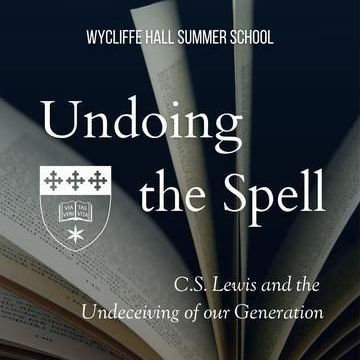In Matthew 19:13-15 the disciples try and keep the children away from Jesus, yet he invites them in. “Let the children come to me, and do not stop them, for it is to such as these that the kingdom of heaven belongs” says Jesus. (And yet how often have I heard or seen people act differently than this and complain about children being in church!) He invites them to come to him and he embraces them. His tenderness means He is a safe and welcoming embrace for least among us.
Yet Jesus goes further than that. Because the backstory is found in Matthew 18:1-5, where He made it clear: to enter the kingdom of God, you and I need to become like children (and to welcome children in turn). The disciples wanted to know how to be the greatest, the holiest, the most righteous. Jesus says: be the most vulnerable, dependent, and insignificant.
But then in v.6-7 Jesus offers this stern warning:
“If any of you cause one of these little ones who believe in me to stumble, it would be better for you if a great millstone were fastened around your neck and you were drowned in the depth of the sea. Woe to the world because of things that cause sin! Such things are bound to come, but woe to the one through whom they come!”
This is much like God’s words in Leviticus 19:14: “You shall not revile the deaf or put a stumbling block before the blind; you shall fear your God: I am the Lord.” This verse comes in the middle of a description of how the holy people of God are to act with impartiality and integrity for one’s neighbour as well as extra consideration and care for those in poverty or the immigrant, being mindful of their needs.
God in His tenderness cares for the vulnerabilities of His people, those seen and unseen needs. To come into His kingdom, we do so in our vulnerability and needy state, like a child. But woe to the one who claims to this tender name of Christ yet causes such a person to stumble and sin. That is anathema to God’s love.




